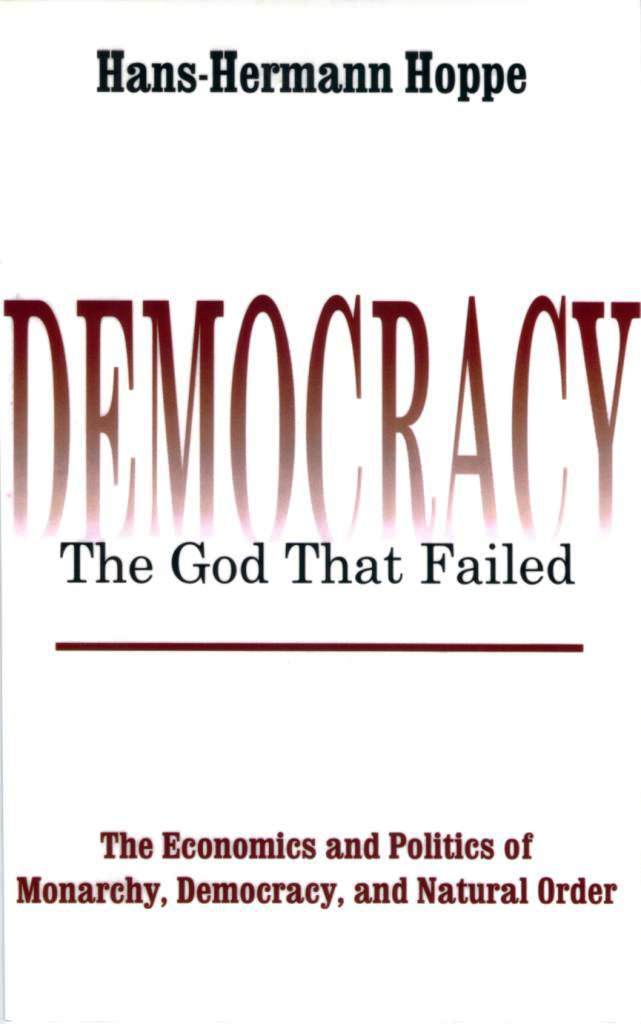Recent publications by PFS members: Jozef Martiniak, “DeLiecht – Decentralized Liechtensteins,” AusEkon (27 July 2025). Grok summary:
DeLiecht envisions a decentralized governance model inspired by economist Hans-Hermann Hoppe’s praise for micro-states like Liechtenstein, where self-governing administrative units emerge spontaneously through Bitcoin-funded contributions linked to geographic residency, sidestepping rigid national borders to achieve optimal scales of neutrality and minimize war risks. Participants generate open-source wallets using SHA-256 hashes of city names and GPS coordinates (e.g., New York’s yielding a specific address), funding them with location-verified satoshi payments that build value amid fiat currency collapse; spending requires multisig consensus with 51% approval, enhanced by tenure-based voting power, reputation incentives, family continuity, and neighbor approvals to promote cooperation and deter disputes. The system unfolds in phases—from early adopters in unstable regions to institutional involvement—potentially enabling a city like New York, with 4.5 million residents contributing 1,000 sats monthly, to fully transition by 2040 as Bitcoin appreciates and fiat taxes wane. Ultimately, DeLiecht leverages Bitcoin’s bottom-up ethos via the “location principle,” rendering invasions obsolete since value is blockchain-secured, fostering peaceful self-rule for minorities, and allowing consensual expansions or mergers to create a network of resilient, Liechtenstein-like enclaves.
Juan Fernando Carpio, “Rebuttal to “A Refutation of Rothbardian and Hoppean Critiques of F.A. Hayek” by Paul Villegas,” Libertarian Alliance (UK) (11 Nov 2025) (Spanish verison). This is a response to Paul Villegas, “A REFUTATION OF ROTHBARDIAN AND HOPPEAN CRITIQUES OF F.A. HAYEK: From apriorism to spontaneous order: a defense of evolutionary individualism,” Taula y Moneta (Nov 08, 2025). Grok summary:
Juan Fernando Carpio’s rebuttal to Paul Villegas’s defense of F.A. Hayek argues that Hayek’s evolutionary epistemology and moral theory fail to provide a robust ethical foundation for liberty, instead relativizing it to cultural survival and adaptation, which excuses state coercion and ignores rational justifications for rights as demanded by Murray Rothbard’s natural law and Hans-Hermann Hoppe’s argumentation ethics. Carpio refutes Villegas by demonstrating Hayek’s deviation from Misesian praxeology—treating prices as mere informational signals rather than expressions of moral responsibility, thus framing socialism as an epistemic flaw instead of a violation of property; exposing the circularity of evolutionary morality, where persistence equates to validity without addressing injustice in enduring tyrannies; correcting Hayek’s conflation of knowledge and ethical appraisal, insisting markets thrive on ownership-based judgments, not just dispersed data; narrowing coercion to physical aggression to preserve liberty against broader economic interpretations; and dismantling spontaneous order’s vagueness and Popperian fallibilism for sanctifying existing power structures over demonstrable liberal superiority. Ultimately, the piece reaffirms Rothbardian and Hoppean critiques by elevating reason, self-ownership, and performative consistency in discourse as timeless anchors for rights, transcending Hayek’s adaptive framework to forge an axiomatic bulwark against relativism.
















You must log in to post a comment. Log in now.